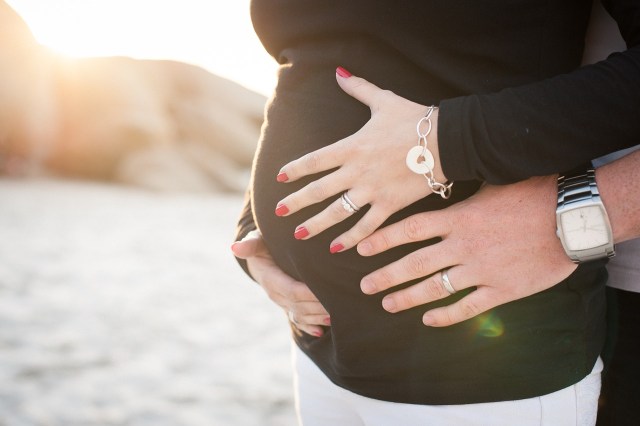While fertility rate in the United States is in an overall decline, an increase in moms-to-be is happening in a surprising demographic, as more women aged 30 to 34 are having babies.
According to a recent study by the National Bureau of Economic Research, pregnancies among women ages 30 to 34 are on the rise. This signals a shift for the United States as in past decades, women ages 25 to 29 have typically had the highest birth rates, followed by those 20 to 24. So why are younger women forgoing becoming parents?
photo: Rawpixel
There is no single reason to explain why younger women are bypassing having kids until later in life, but the researchers have theories that explain the decline. Lack of federally-mandated paid leave, skyrocketing student debt and rising housing costs definitely factor in as to why Millennials might be waiting to have kids.
Add to that the influence of technology—or what Kasey Buckles, economist at the University of Notre Dame, refers to as “Netflix and no chill”—and the decline in births among younger women starts to make a lot more sense.
—Shahrzad Warkentin
RELATED STORIES:
Here’s Something Millennials Aren’t Ruining: Marriage
Americans Are Having Way Fewer Babies, New CDC Report Says
Too Many Women Are Afraid to Tell Their Boss They’re Pregnant: Report
California Could Be the First State to Offer 6 MONTHS of Paid Parental Leave











